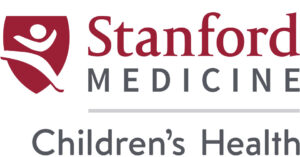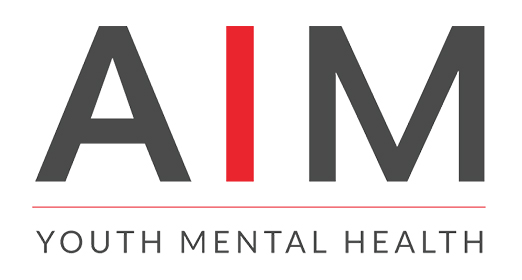Learning that their teen has an eating disorder can be difficult and deeply troubling news for parents. Even more daunting for families is finding that they’re unable to get access to care when they need it due to high demand for care and long wait times at specialty centers, which have worsened during the pandemic. If left untreated, the risks to young people’s physical and mental health increase, and eating disorders worsen and become more difficult to treat effectively.
AIM Youth Mental Health, a nonprofit dedicated to finding and funding promising youth mental health research, generously donated $50,000 to fund a research project at the Stanford University School of Medicine to speed delivery of care to more families by using telehealth.
“Just like we need the science to find vaccines for COVID-19, we need the science to find better treatments for mental illness,” says Susan Stilwell, founder of AIM Youth Mental Health. “While talking about young people’s mental health is important, it is not enough. We need to find the answers, and to find the answers, we have to fund the science—the research—that is so desperately needed right now.”
Led by James Lock, MD, PhD, the Eric Rothenberg, MD, Professor of Psychiatry and Pediatrics at the School of Medicine and director of the Eating Disorders Program at Lucile Packard Children’s Hospital Stanford, the project will evaluate if providing online education and support to families while they’re awaiting evaluation and treatment is useful and which approaches work best. According to Lock, preliminary data suggest that many families can make substantial progress using specialized online self-help tools.
“We hope to help families consider making changes at home that could improve their child’s eating problem even before they are seen by a doctor,” Lock says.
Lock’s research will be done in coordination with a fellow grant recipient at the University of California San Diego. Both will evaluate families’ willingness to participate in an online self-help program and assess if their teens show improvements in weight or scores on a questionnaire about eating. If their findings show that telehealth has benefits for families, the study could lead to a larger trial to further evaluate the effectiveness of online self-help tools.
Thank you, AIM Youth Mental Health, for helping families to receive the care they need!



